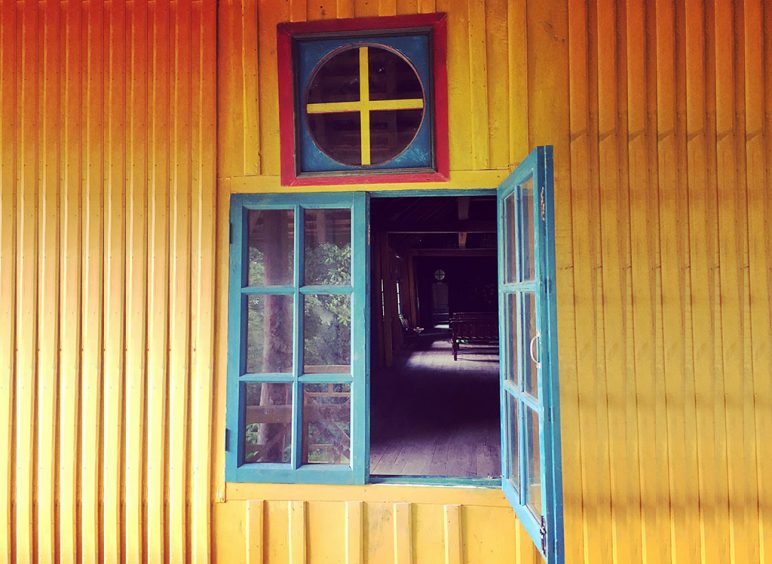To the poor living in desperate conditions, the border-crossing roads between countries are the roads of hope. Unfortunately, they are also fragile bridges hanging above the crack of slavery.
Lincang is a city in southwest Yunnan that connects with Myanmar and serves as a hub for the traffic from China towards the Indian Ocean, bolstered by 12 international and domestic transportation routes. Sadly, such accessibility was often taken advantage of by human traffickers.
In 2017, participating churches of CEDAR’s Chinese-Myanmar projects fought alongside the Lisu, Lahu, Wa, and Kachin people (of Myanmar) on the human trafficking front by enacting inter-border prevention and intervention efforts including education on the revolving issues in local languages, awareness building, teaching people to teach others, cataloguing of and referrals to good employers, and the provision of temporary housing together with adequate counseling and suggestions for young migrant workers.
A major factor to migrant workers’ vulnerability is the lack of local support networks. The Lisu churches established a WeChat group that encourages migrant workers to share their experiences and challenges to support each other. The Lisu, Lahu, and Wa churches have also partnered up to build a large support network that supports the workers migrating between China and Myanmar. They set up four intake locations around the borders and were able to serve approximately 200 migrant workers in 2016.
“None of the labourers in our churches who went to work in China ended up missing thanks to this ministry. They could ask for our help using the WeChat network,” says Aleybo, a leader of the Lisu association in Shan State, Myanmar. Migrant workers in Lincang also expressed gratitude to the joint support network and education by the churches which helped them understand the risk of human trafficking and enabled them to fight for safer and fairer working environments.
Besides prevention efforts, our partnering churches also set up an intervention protocol at each of the intake locations, aimed at rescuing victims through the help of the local community, churches, and the Labour Department. Naka (obscured) was one of the encouraging example of the fruit of such effort.
Naka, a 25-year-old Lahu woman, who had no means to feed her two children in Lashio, Myanmar without land ownership. Desperate to survive, she went to work as a tealeaf picker in a farm in Lincang, and was tricked to be married to an old farmer after three months. Pastor John from Lahu Church found Naka’s home through the church support network and was able to free Naka after negotiating with the farmer with local community leaders. With tears of gratitude, Naka says, “Thanks to the church, or else I was going to spend the rest of my life in darkness.”
We see in Isaiah 58:12 that points to Jesus’s salvation, “Your people will rebuild the ancient ruins and will raise up the age-old foundations; you will be called Repairer of Broken Walls, Restorer of Streets with Dwellings.” As committed followers of Christ, churches in Lincang dedicate in repairing the ruins of border, and restore the roads for vulnerable people in diaspora. God’s kingdom is eventually revealed in the broken border.
We invite you to pray for the following items:
- Pray for the policies of China and Myanmar government that will enable smooth implementation of the project.
- Pray for the prevention and education work that they would increase awareness towards human trafficking, while mobilising the people to spread such knowledge to protect the safety and treatment of migrant workers.
- Pray for the intervention efforts; pray for God’s wisdom in frontline workers for effective communications and in expanding the support networks; pray for a larger commitment from the society.





